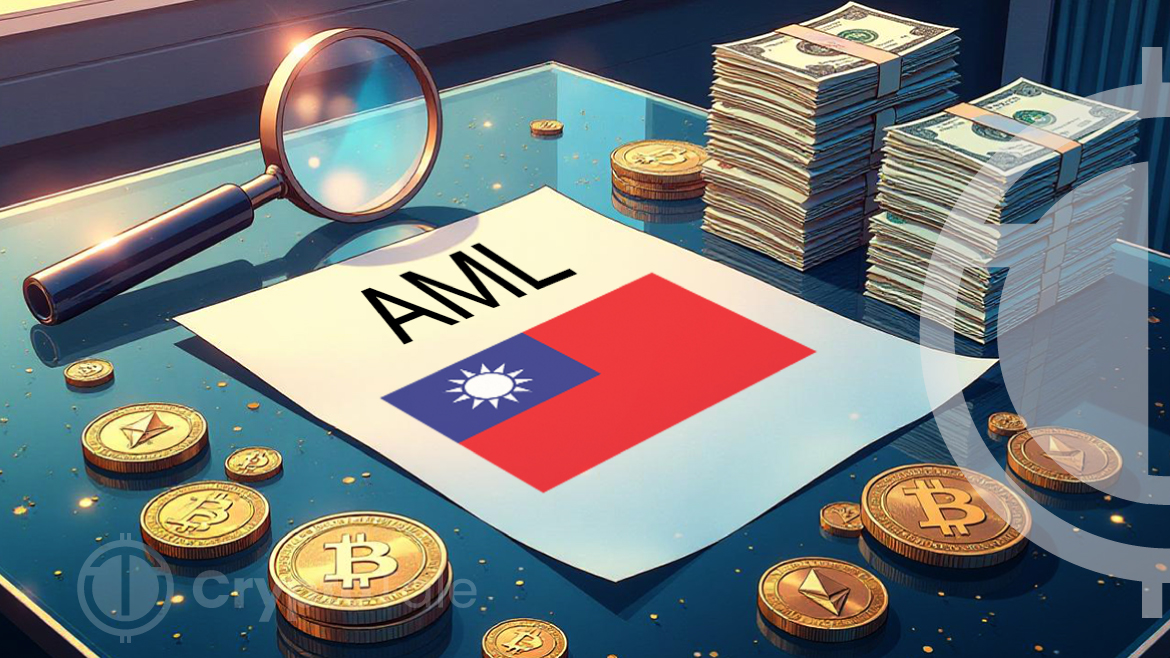Taiwan’s Financial Supervisory Commission (FSC) has launched Anti-Money Laundering (AML) regulations to tighten its oversight of the crypto industry. All virtual asset providers (VASPs) are required to comply with these new AML laws by 2025.
Since March 2024, Taiwan’s FSC has been anticipating the introduction of new crypto regulatory measures. According to the amendments released on October 2, all crypto firms in Taiwan must register with the government by September 2025. Companies that fail to adhere to the laws will have to face severe penalties of up to 5 million Taiwan dollars ($155,900) and prison sentences of up to 2 years.
Taiwan’s Regulatory Measures
The new regulations will be effective from January 1, 2025, revamping the existing VASP laws and ushering in a new era of regulatory compliance. Even companies that are compliant with the old AML compliance measures should meet the revised regulatory framework and registration obligations. While the first amendment mandates crypto companies’ registration, the second is focused on preventing money laundering.
Lummis Warns U.S. Lagging in Crypto Regulation vs. EU
Taiwan has been endeavoring to establish its crypto market, prioritizing regulatory clarity. A recent regulatory development includes the FSC’s initiative to open the crypto ETF market to local professional investors. Considering the risks of these investments, the participation is limited to institutional entities and high-net-worth individuals. In addition, the FSC is projected to launch new crypto-related rules by next year. With these moves, the country envisions bolstering Taiwan’s financial position, aligning with similar developments in Hong Kong and Japan.
Global Crypto Regulation Update
Financial regulators across the world are making efforts to strengthen their crypto regulatory measures. Recently, Japan and South Korea have been seen as being at the forefront of crypto regulations. While Japan’s FSA proposed relaxations on crypto gaming regulations, South Korea’s FSS introduced a zero-tolerance policy to combat illicit crypto transactions.









